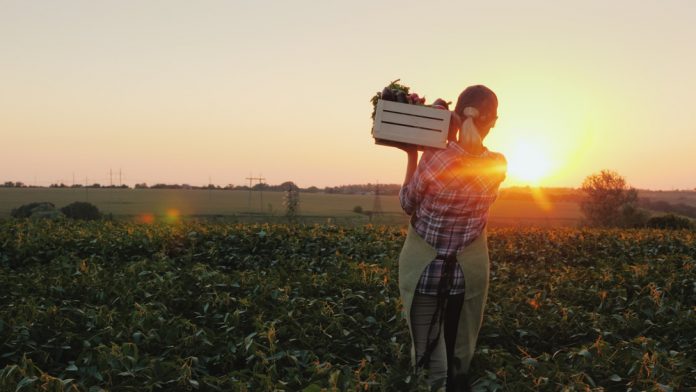Queensland’s peak representative body for farmers AgForce is warning that food prices will go up and food security will become more precarious in the wake of the latest deal on the Murray Darling Basin Plan legislation.
With the current cost of living crisis facing many Australians, AgForce CEO Mike Guerin says they can ill-afford sudden price rises for food as well, that will result from this latest deal to amend the Murray Darling Basin Plan brokered with the Greens.
“This political precedent, of overriding a bipartisan plan many years in development – if it goes through, actually means food security and food pricing is at risk in Australia,” Mr Guerin said.
“What we’ve taken for granted for multiple generations of cheap, healthy, locally sourced food on our supermarket shelves seven days a week, 365 days a year will be put at risk.”
Leading agricultural group AgForce raised concerns after the Albanese government and the Greens reached a breakthrough deal on legislation to amend the Murray Darling Basin plan and ensure an extra 450 gigalitres of environmental flows.
The deal also removes a cap on buybacks that was introduced by the previous government.
Mr Guerin says industry is “incredibly disappointed”, mainly because of the ramifications of the decision for the public.
“Over 40% of Australia’s food is grown in the Murray Darling Basin food bowl, it underpins the price and quality of our food, and the fact that we have an abundance of it,” he says.
“In fact, Australia today exports two thirds of its food, but to put the heart of that production engine, the Murray-Darling Basin in doubt, puts all of that at risk.”
Years of negotiations with many interest groups over such a complex issue have been compromised, with the federal government taking the easy option of water buybacks – which while quick and simple – are also the most costly to primary producers and communities.
“The foundational deal allowed everybody to walk forward with confidence, allowed confidence that the environment would be looked after, confidence that communities would be looked after, confidence indeed, for young people to stay in those communities and to invest in agriculture,” he said.
“What we have now is the environment at risk, the community’s at risk, and the security and cost of our food at risk, all because a very few people chose to override a multi-year process where qualified people sat at a table walking through this.”
Mr Guerin hopes that the crossbenchers may be able to negotiate some changes before it becomes legislation.
“The plea from industry is that the crossbenchers understand what’s at stake and the gravity of this and seek that pause that we’re after – the chance to sit down and have this conversation – not to delay action forever,” he said.
“To pause and ensure the wise voices, the considered science, and all elements that are important to this conversation are brought back to the table and the crossbench can do that. We’re now largely in the crossbench’s hands in this political process, so much is riding on them.
“It’s not just about the Murray-Darling Basin, albeit that’s a powerhouse for Australia’s food supply. It’s about all the other big opportunities, but also big challenges of a country like Australia with the broad geography that we have, the unique environment that we have, and the importance of that proper process. Good science, valid views, professionals all being brought to these conversations.”





